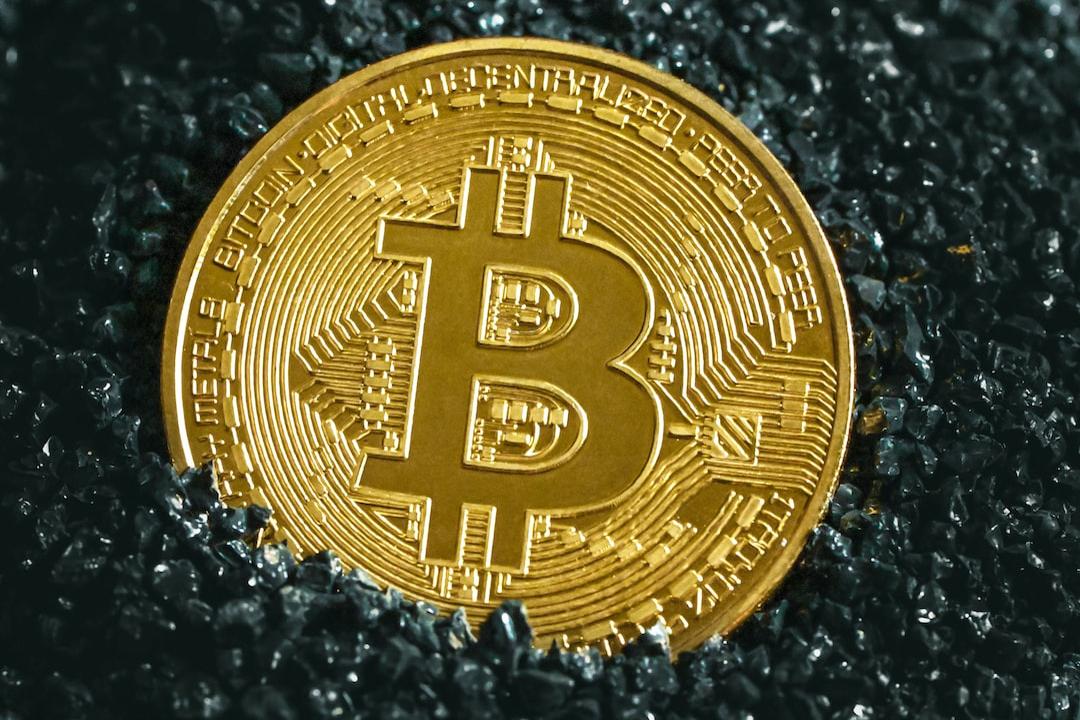Matt Hougan, the Chief Investment Officer of Bitwise Asset Management, has become a prominent figure in the discussion surrounding Bitcoin’s role as a protective measure against economic challenges. His recent statements highlight why many investors now see Bitcoin as more than just a speculative investment, but as a crucial part of their financial strategies.
Bitcoin: The Ultimate Protection
Hougan made a candid statement on social media, describing Bitcoin as “the ultimate insurance policy against our government royally messing up the US dollar.” This statement captures the concerns that investors have about the US public debt, which has reached staggering levels and raised worries about currency devaluation and inflation.
The Context of Rising Debt
As of 2024, the US national debt has surpassed $33 trillion, and it continues to grow as the government looks for funding for various initiatives. This has created an economic environment where traditional fiat currencies are at risk. Investors are rightly questioning the stability of a dollar that can be printed without limits, leading to a growing interest in assets that can protect against inflation and currency erosion.
Bitcoin’s Unique Attributes
One of Bitcoin’s defining features is its fixed supply, limited to 21 million coins. This scarcity sets it apart from traditional currencies and makes it an attractive option for those who want to preserve their wealth in uncertain economic times. As Hougan points out, Bitcoin’s unique characteristics position it favorably against gold and other hard assets.
Comparing Bitcoin to Gold
Liquidity: Bitcoin is significantly more liquid than gold, as it can be bought, sold, and traded on various platforms worldwide, allowing for quick conversions to cash. This accessibility is a considerable advantage, especially during times of market volatility.
Portability: Being a digital asset, Bitcoin can be stored in a secure wallet and transferred globally with just a few clicks. In contrast, physical gold requires secure storage and can be difficult to transport.
Market Adoption: Bitcoin is gaining traction among institutional investors, with more companies adding it to their balance sheets. This institutional acceptance adds credibility to Bitcoin as a legitimate asset class, making it more appealing compared to gold, which has seen less interest in recent years.
The Shift in Investor Mindset
As the financial landscape evolves, investors’ mindset is also changing. Many now recognize the need to diversify their portfolios by including Bitcoin, seeing it as a strategic hedge rather than just a speculative investment. This shift is particularly noticeable among younger investors who are more open to embracing digital assets.
Market Sentiment and the Future of Bitcoin
Recent market trends indicate a cautious optimism about Bitcoin’s potential. Despite significant price fluctuations, Bitcoin has shown remarkable resilience, indicating strong underlying demand. This has encouraged more investors to reconsider their asset allocations, especially given the uncertainties surrounding traditional fiat currencies.
A Balanced Investment Strategy
Considering Hougan’s insights, incorporating Bitcoin into an investment strategy can offer several benefits:
Risk Diversification: Adding Bitcoin to a portfolio allows investors to spread their risk across different asset classes, mitigating potential losses in other investments during economic downturns.
Inflation Protection: Bitcoin’s scarcity makes it a viable hedge against inflation. As central banks implement policies that could devalue currencies, Bitcoin’s limited supply offers a contrasting safeguard.
Long-Term Growth Potential: With increasing adoption and integration into financial systems, Bitcoin has the potential for significant long-term growth. Many analysts predict that as institutional investment continues to rise, Bitcoin could reach new heights, making it an attractive investment option.
Conclusion: Bitcoin’s Role in Economic Stability
Matt Hougan’s perspective on Bitcoin as a hedge against US public debt and currency devaluation provides valuable insights into the evolving investment landscape. In a turbulent economic environment, Bitcoin’s unique characteristics, such as its fixed supply and growing institutional support, position it as a key asset for investors seeking stability.
As awareness of these advantages continues to grow, Bitcoin may solidify its role as a critical component of diversified investment portfolios. In a world where traditional assets face mounting challenges, Bitcoin emerges as more than just a digital currency but as a strategic safeguard against the economic pressures of public debt and currency devaluation. As investors navigate these complexities, it is clear that Bitcoin’s role is set to expand, making it an asset worth considering for anyone looking to secure their financial future.

